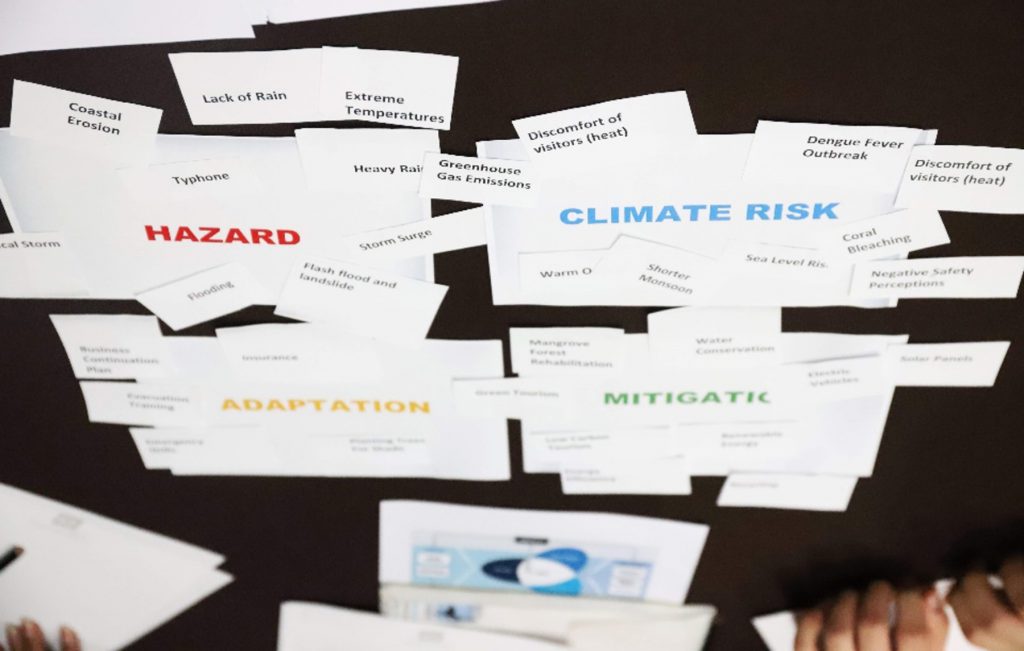FINISHED on 20 August 2020
CONTEXT
In 2015, as a reaction to increasing losses and damage caused by climate change, Thailand started to develop its National Adaptation Plan (NAP). Although adaptation is part of the Climate Change Master Plan as well as other national policies, specific information on climate-related risks and options to adapt to these risks are still lacking. At the same time, insufficient integration of adaptation needs in subnational planning processes is being observed.
OBJECTIVES
- To develop national Climate Change Risk Assessment (CCRA) and the National Adaptation Plan (NAP) taking account of the results from CCRA;
- To integrate climate risks and NAP measures into sector policies/strategies and subnational planning processes;
- To align financing instruments and budgeting system with the NAP framework to enhance the implementation of adaptation measures
APPROACHES
To achieve the project’s aim, CCRA at a national scale will be conducted for four subnational pilot areas. This assessment will provide the scientific basis for national policy and adaptation measures development.
Building upon this CCRA, the project will support the development of the NAP through capacity development of policy makers and technical exchanges with international experts. The risk-based NAP will serve as a guiding document for adaptation, mainstreaming and implementation in Thailand. Once the NAP is developed, the project will also support the mainstreaming of climate risks and adaptation measures into sector policies/strategies and sub-national planning processes as well as the setting up of a monitoring and evaluation system.
Finally, the partner will be supported to shape national and international financing instruments and the existing budgeting system according to the needs of the NAP to enhance adaptation implementation in the country.
RESULTS SO FAR
For adaptation mainstreaming at the national level, the Risk-NAP project focuses on three sectors, namely health, tourism and human settlements. Climate change risks have been analyzed and integrated into different sectoral plans and policies.
On adaptation financing aspects, the project also contributes to the estimation costs for NAP implementation, the integration of climate change criteria into the Thai Environmental Fund, as well as an analysis of adaptation economic/financing instruments proposed under the (Draft) Climate Change Law. In addition, the project contributes to enhancing resilience and achieving SDGs through co-development of integrated planning/strategies between partners. Climate risk information, climate change adaptation perspectives, and targeted training measures have been taken up by relevant agencies resulting in better understanding in the sector and enhanced capacities of staff.
At the sub-national level, the project has initiated contextualized adaptation planning processes and brought forward adaption measures proposed in the NAP in four pilot areas using developed time series of area-based climate change risk and socio-economic scenarios as core information. Different relevant local stakeholders across sectors i.e. tourism, agriculture, human settlements, health, and water resources in the pilot areas were engaged in a participatory process to identify key area-specific climate risks and entry points for climate change adaptation and to achieve alignment of development plans towards climate resilient and sustainable pathways.
FINANCED BY
The German Federal Ministry for the Environment, Nature Conservation, Nuclear Safety and Consumer Protection (BMUV)
COUNTRY
Thailand
PROJECT DURATION
08/2015 – 02/2021
